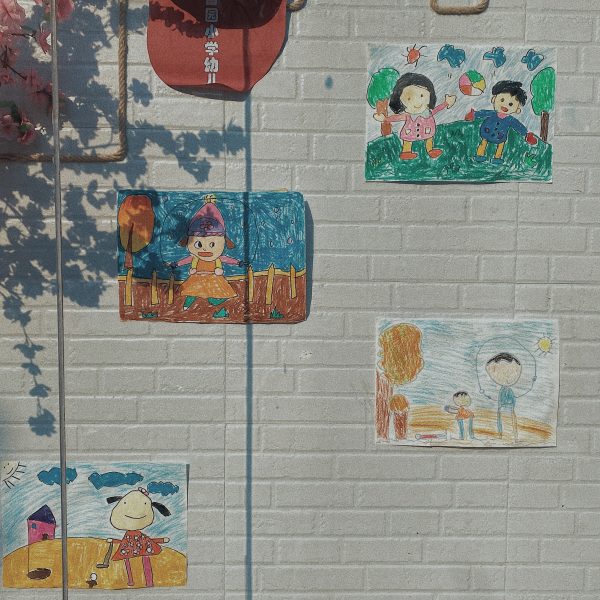SA could be next for 600 hours of free preschool: Gillard’s interim report

South Australia’s Royal Commission into Early Childhood Education and Care has released its interim report, recommending that all three year olds be entitled to 600 hours of preschool a year, along with 32 other recommendations.
Led by former Prime Minister Julia Gillard, the $2.45 million Royal Commission was launched last year to work out the best way to deliver on the current Government’s pre Election pledge to give three year old children access to preschool from 2026.
Ms Gillard announced the recommendations yesterday, saying three year olds should be offered the same universal entitlement to preschool currently offered to four year old children — 600 hours a year, or 15 hours a week for 40 weeks a year.
“I genuinely believe this report should be of interest to every South Australian, whether or not they have young children in their family or young children in contemplation in their families’ future,” she said.
“We have a moral obligation to every child to make sure every child has the best opportunity to grow and learn and thrive.”
As with the eastern states, the commission recommends the 15 hours a week be viewed as a minimum, and that children who are most vulnerable be offered extra entitlements.
South Australia, Ms Gillard continued, has a shared economic interest in ensuring children were set up for success, “because the research tells us crystal clear that intervention in the early years can make the biggest difference.”
“If we do not set children up well in the early years of life, if children present to school with developmental delays then it can be very hard to catch up and that disadvantage will continue to show in their adult life,” she said.
“It shows in life expectancy, in poorer health, in poorer economic outcomes, in greater welfare dependency and even potentially in involvement with crime.”
Should it be accepted, the proposed approach would cost the state approximately $162 million a year, with three year old preschool to be delivered in a mix of government and non-government settings, including in early learning centres and long day care.
In order to meet demand, 32 new preschools would need to be built at a cost of $111.2 million.
Ms Gillard said the approach would also build on the work currently being done by those who worked in early childhood education, often informally and unpaid, to link families with other support systems.
“That can be everything from recognising that a child might need to be connected to the professional services of a speech pathologist, to recommending to a family that if they need assistance with food, that is a Foodbank in the local community,” she said.
“At the moment that kind of building of connections is being done as an act of goodwill of individuals, it’s not built-in as a feature of practice all day every day and we want to make sure that it is.”
Should the recommendations be implemented, Premier Peter Malinauskas said, they would be the biggest reform to early childhood education the state had ever seen.
“What we’re doing here isn’t just nation-leading, but it’s global-leading,” he said.
“It’s important we look at these recommendations with a holistic view, that we take the time to ask questions, and critically view our education system, so that any actions from this are the right ones for the next generation.”
The commission will now seek public feedback on its recommendations and report, the final version of which is scheduled to be released in August.
Popular

Policy
Practice
Provider
Quality
NSW Government launches sweeping reforms to improve safety and transparency in early learning
2025-06-30 10:02:40
by Fiona Alston

Economics
Provider
Quality
Practice
Policy
Workforce
South Australia announces major OSHC sector reforms aimed at boosting quality and access
2025-06-30 09:49:48
by Fiona Alston

Events News
Marketplace
Practice
Provider
Quality
Research
Workforce
How do you build and keep your dream team? ECEC Workforce and Wellbeing Forum tackles the big questions
2025-06-24 15:20:53
by Fiona Alston












